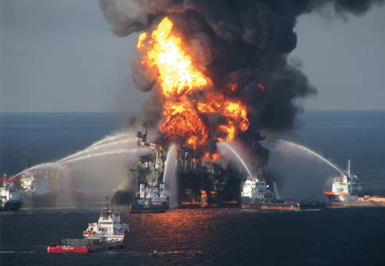Maritime work can involve a number of different tasks for any one job. Each of these tasks can carry an exhaustive amount of variables when it comes to doing the job right and doing it safely. The work maritime employees carry out is some of the most dangerous in the world, thanks in large part to each employee having so many of these variables to keep track of. That’s why sustaining an injury because of an employer’s negligence is simply unacceptable.
According to the Occupational Safety and Health Administration (OSHA), the most prevalent hazards maritime workers face in the workplace are falling, heat, drowning, fatigue, and hearing loss. For the most part, the risk of suffering these dangers can be greatly reduced by having the right equipment.
If you feel your employer is dropping the ball when it comes to outfitting you with necessary equipment, contact a Baytown personal injury attorney today. They can help guide you through the steps necessary to bring this matter to your employer’s attention in order to receive the safety measures you deserve.
Unfortunately, it may be past that point. If you were recently injured because the right equipment was not afforded to you, a Baytown personal injury attorney can certainly file suit on your behalf and seek compensation for the injury you sustained.
Some injuries, however, are less dramatic. For example, if you’ve developed hearing loss from the loud noises at your job and were never given the proper ear protection, you may not have recognized it right away. Nonetheless, you can still be entitled to damages. Contact a Baytown personal injury attorney immediately, and don’t wait another day for what might be yours.
Maritime work is hard enough as it is without your employer undermining your safety. The law office of Kirkendall Dwyer LLP understands this and knows what you’re entitled to in terms of precautionary measures. Contact them today, and they’ll begin looking into your personal injury case.









